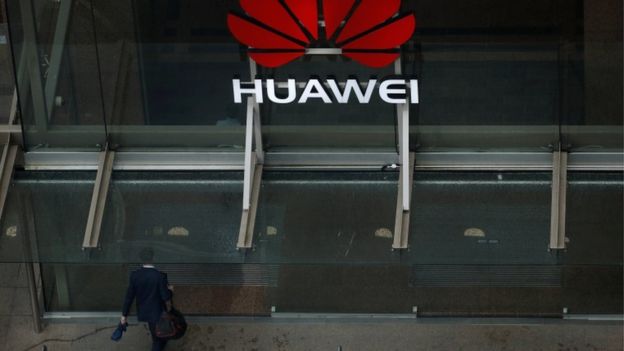The arrest of Meng Wanzhou , daughter of the founder of technology giant Huawei and the company’s chief financial officer, deepened the uneasiness between Washington and Beijing.
Meng was arrested in Canada last week at the request of the United States, which accuses Huawei of using a subsidiary, Skycom, to circumvent sanctions against Iran.
While Huawei insists Skycom is an independent company, China demands the immediate release of the executive and classifies detention as a “human rights violation.”
The prosecution has asked the Canadian courts for Meng not to have parole granted while the US extradition request is pending.
The executive has filed for parole for health reasons after her arrest.
If de facto extradited, Meng will face charges of using his post to create a conspiracy and defraud several financial institutions. Each of the crimes she is accused of has a sentence of up to 30 years.
Huawei has 15% of the world market for mobile phones and is currently the second largest producer. The company has been targeted by bans in several Western countries, which fear that Beijing will force the company to disclose industrial secrets and other information that could jeopardize the national security of others.
The fear is that the Chinese government will have access to the fifth-generation mobile network (5G) and other Huawei communications networks to expand its spying capacity.
The United States, New Zealand and Australia banned the use of the company’s technology and equipment for security reasons. Canada, Germany, Japan and South Korea put the company under evaluation.
Huawei denies the allegations and insists it is a private company, with no control by the Chinese government over its operations.
Is Huawei a threat to national security?
The founder’s liaison, Ren Zhengfei, with the Chinese Army (he is a former officer of the People’s Liberation Army of China) is one of the arguments used by the United States to defend the idea that Huawei is a threat to national security .
The country also sees with concern the growing importance that the company has obtained in the global market.
Huawei has grown rapidly in the market for equipment that makes cell phone networks work. It is currently the largest provider of telecommunications equipment in the world.

Ren Zhengfei, a former officer of the Chinese Liberation Army, founded Huawei in 1987
Theoretically, the control of the technology that is at the center of the most important communication networks gives the company the ability to monitor and interfere in communications in any eventual conflict.
The US is particularly concerned about a norm adopted in 2017 by China’s National Intelligence Agency which stipulates that the country’s enterprises should “support, cooperate and collaborate with national intelligence work.”
It was after the adoption of this standard that the US, Australia and New Zealand banned the use of Huawei’s technology to create 5G networks.
The countries are three of the five members of the alliance known as “Five Eyes”, made for intelligence cooperation.
The other members of the group are Canada, which is reviewing its relationship with the company, and the United Kingdom, which has not yet taken any action against the company – only asked that it solve problems that represent “new risks” for the network.
What Huawei says
The company presents itself as a private company whose owners and employees have no ties to the Chinese government.
Huawei says that the security of its products is one of its priorities and that some of the “hostility” that it “falls victim to” is due to the company being seen as a commercial threat.
In the past, the Chinese government itself has stated that the blockade of Huawei’s products is due to “protectionist and discriminatory practices”.

The company claims to be a victim of protectionism
The episodes of hostility against the company began in the context of a trade war between Washington and Beijing , with President Donald Trump accusing China of unfair trade practices and facilitating the theft of intellectual property of US companies, and imposing new import tariffs on products.
Several other countries, however, are already planning to introduce 5G communication networks simultaneously, and the scenario has become more competitive for companies seeking to get contracts.
“There is a regulation war,” says Emily Taylor of the British think tank Chatham House .
“I think the business advantage of setting standards that favor local technology companies is also at stake.”
source https://www.naijanews.com/2018/12/11/123172/





0 Comments